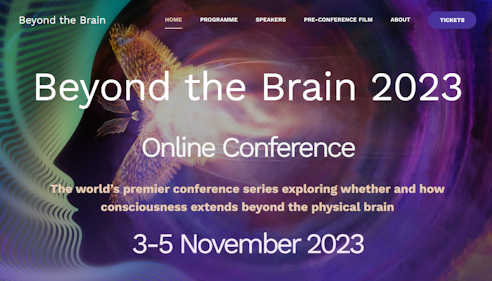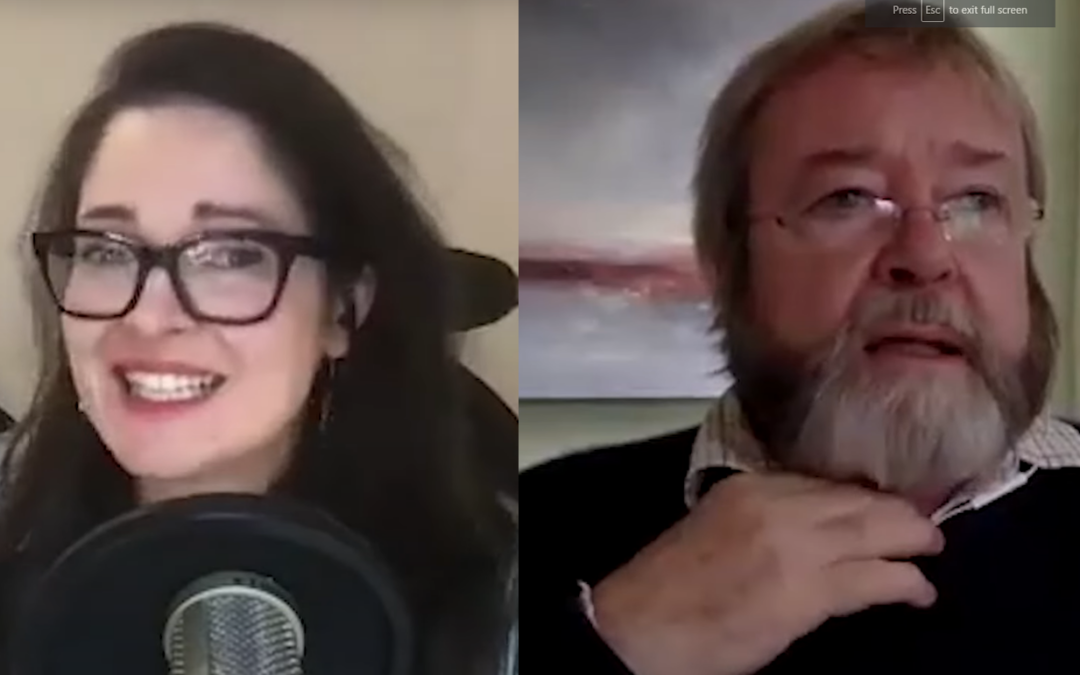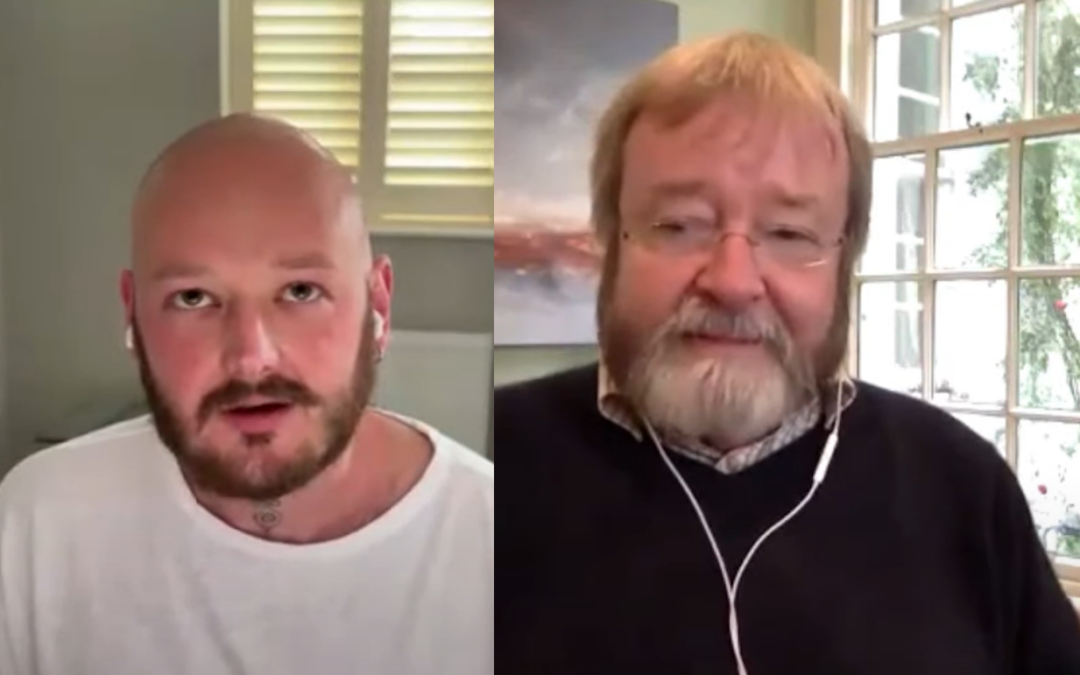


Iain McGilchrist on The Divided Brain and Perceiving the Sacred
Iain McGilchrist on The Divided Brain and Perceiving the Sacred Running Time:...
Bringing the world into being: •Episode 5• Iain McGilchrist
Bringing the world into being: •Episode 5• Iain McGilchrist Running Time:...
What inspired you? Iain McGilchrist, a contemporary spiritual thinker – by Dr Michael Evans
I begin with this quotation from the Introduction to The Matter with Things. In recent years I rejoined the Scientific and Medical Network in search of contemporary thinkers, outside the Anthroposophical Society, who appear to be awakening to the spiritual in the human being and the cosmos. They may consciously or unconsciously be representatives of the Spirit of our time – Michael. One such individual, I think, is Iain McGilchrist whose writings and interviews I have explored and would like to introduce in this article.

